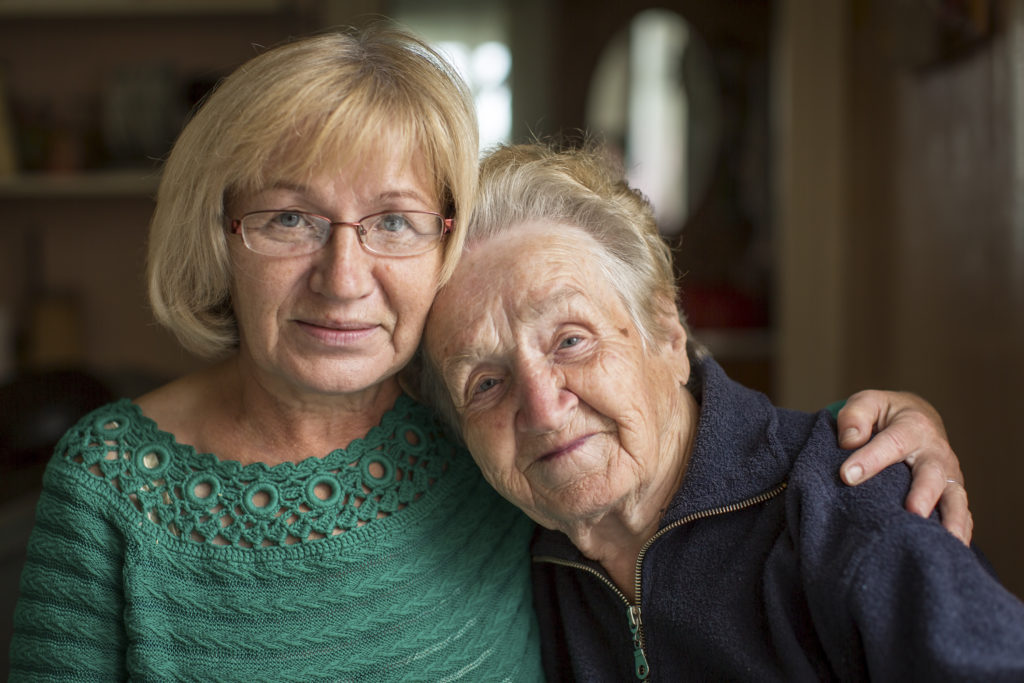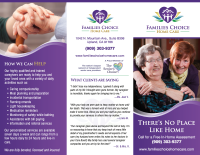In 2018, around 5.7 million Americans were living with Alzheimer’s.
In fact, one in 10 people over 65 has the disease. Senior citizens without dementia likewise face many challenges.
Falls, illnesses, mobility challenges and other obstacles to daily living can have serious consequences.
Read on to learn why you may want to use tracking devices on your loved one. Then review our curated list of five of the best GPS tracking devices you can choose from.
Why Use Tracking Devices for Elderly
Being a caregiver can be exhausting. But so can being a concerned family member that doesn’t have access to your aging loved one each day.
Here are three main reasons why you might consider using a tracking device for your elderly loved one.
Memory Loss
Both Alzheimer’s disease and dementia can rob an adult from the basic, routine familiarity he or she once enjoyed.
These illnesses can erase even basic memories so that finding one’s own room, house or bathroom can become monumental tasks.
Disorientation and confusion can have serious results for those with Alzheimer’s or dementia. He or she could walk into dangerous situations, be dressed inappropriately for the weather and become ill, or get lost.
GPS tracking devices worn as necklaces, bracelets or embedded into GPS phone apps can help keep track of wandering seniors.
Many apps such as track my iPhone allow you to set safe zones. If your elderly relative wanders outside of these parameters, you’ll get an instant notification.
These tracking devices can help elderly loved ones maintain a sense of freedom while their family members can enjoy peace of mind.
In Case of Accidents
The best GPS tracking devices are equipped with an emergency button or call feature. If your loved one suffers a fall, can’t get out of bed or becomes suddenly ill, he or she can push a button and alert you or paramedics.
Make sure you understand the ways you can prevent injuries for your loved one with fall precautions.
To Guard Against Neglect
An unfortunate but all too common reason you may want a tracking device for your loved one is to ensure adequate care.
We’d hate to think that the nursing home or in-home caregiver is neglecting your loved one, but it does happen. And it’s better to be vigilant.
A GPS tracker can let you know if your loved one is getting the walks and day trips he or she is supposed to be getting.
If a care provider gives you a weekly schedule and you see that your loved one sits in his or her room all day, then you can take decisive action.
Top GPS Tracking Devices
Now that we’ve covered the many reasons why you may want a tracking device for your senior loved one, read on for the top 5 tracking apps and devices you can choose from.
1. Senior Safety App
This app can be downloaded directly to your loved one’s smartphone. It comes with geo-fencing so you can set safe boundaries for your elderly relative.
The GPS feature allows you to see exactly where your loved one is while still allowing them the freedom to be independent. Users can reach emergency contacts with a push of a button if needed.
The app sends you an alert if your loved one falls, is inactive for an extended period of time and so on.
There is a yearly subscription fee of $45. Yet the features are worth the price of peace of mind.
2. AngelSense
If your loved one doesn’t use a smartphone, you had better choose a GPS tracking device instead of an app.
AngelSense is a special device that is attached to the elderly’s clothing. The device can only be removed by the caregiver.
The device is small and discreet yet effective. It provides family members with a daily timeline of locations, transit speeds, routes and more.
Caregivers are able to hear the sounds the caregiver hears and can use it to advantage in an emergency.
You can use the device to ensure that your loved one leaves home on time for appointments and provides 24/7 tracking.
3. Yepzon One
The Yepzon GPS locator refreshes every 10 seconds to let you know where your loved one is.
Like all GPS tracking devices, there is a battery that you’ll need to recharge. Yet, this device can go months between charges. Heavy users will need to charge the device more frequently.
If you want a GPS tracker that has excellent battery life, this is it.
4. Mindme
Mindme is simple but remains one of the best GPS personal trackers. It comes with two features – an alarm and a location tracker.
You can wear the device as a necklace or can stick it in a pocket.
In case of a fall, the user can alert a Mindme representative for help. Caregivers can set a geo-fence and get alerts if the user travels outside the boundary.
The downside here is that the user can remove the tracker themselves. Whether by accident or on purpose. The device is powerless if left on the bathroom counter.
5. GPS Smart Sole
Wearable GPS tracking devices are best for family members who live with dementia or Alzheimer’s.
The Smart Sole puts GPS tracking into the user’s shoes. This way there’s no device to carry or wear.
It’s invisible and easy to install. Just slide the sole into their regular shoes. You can trim the sole to fit any shoe.
You’ll need to charge it every two or three days, however.
This tracker is great because you can easily swap it out and place it in other shoes. This device has a map, offers real-time tracking and sends alerts as needed.
Final Thoughts
Thanks for reading! We hope this article on the need for tracking devices for your elderly loved ones was useful to you.
Whether you prefer an app or a wearable device, the end goal is the same. Peace of mind for you and safety for your elderly relative.
Are you considering in-home care for your loved one? Check out these 10 questions to ask before you hire a caregiver.






